Premium Only Content
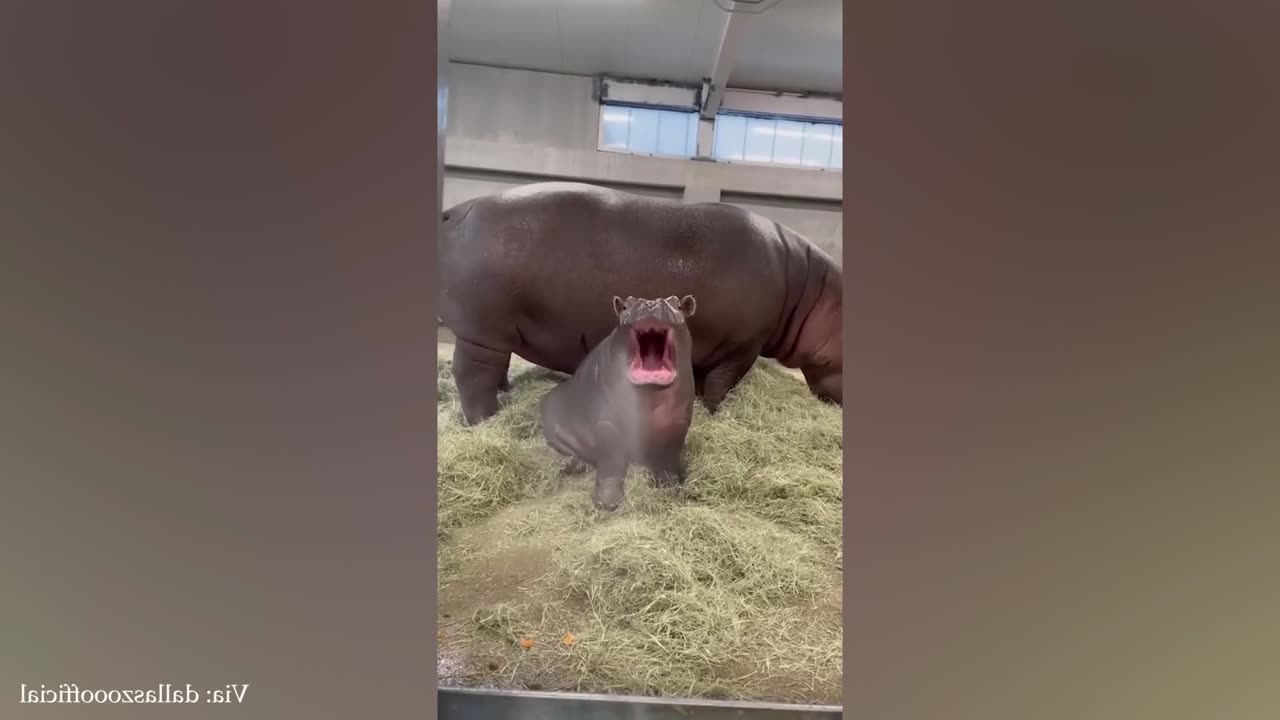
funny rhinoceros
funny rhinoceros
. Multicellular Structure: Animals are made up of multiple cells organized into tissues and organs. Unlike single-celled organisms, they have specialized cells for various functions.
2. Heterotrophic Nutrition: Animals cannot produce their own food through photosynthesis like plants do. They rely on consuming other organisms, either plants, other animals, or both, for their energy and nutrients.
3. Mobility: Most animals are capable of some form of movement during at least one stage of their life cycle. Movement is often facilitated by muscles and a nervous system, allowing them to respond to their environment.
4. Sexual Reproduction: Most animals reproduce sexually, where two individuals (male and female) contribute genetic material to produce offspring. However, there are exceptions, such as asexual reproduction in some species.
5. Complexity and Specialization: Animals exhibit a wide range of complexity, from simple organisms with only a few cell types to highly complex organisms with intricate organ systems. They have specialized structures and functions that help them adapt to their specific environments and lifestyles.
6. Biodiversity: Animals come in various shapes and sizes. There are mammals, birds, reptiles, amphibians, fish, insects, and many other groups, each with unique characteristics and adaptations that enable them to survive in different habitats.
7. Ecological Importance: Animals play crucial roles in ecosystems. They contribute to pollination, seed dispersal, decomposition, and maintaining the balance of food chains and ecosystems.
8. Domestication and Companionship: Humans have domesticated several animal species for various purposes, including agriculture, transportation, companionship, and as sources of food and clothing.
-
 LIVE
LIVE
LumpyPotatoX2
3 hours agoHunt Shadows Family Sunday - #RumbleGaming
598 watching -
 5:04
5:04
Film Threat
1 day agoA WORKING MAN | Film Threat Reviews
24.6K3 -
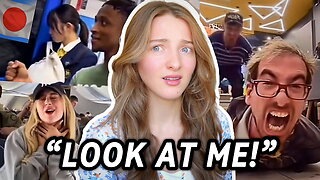 22:08
22:08
Misha Petrov
1 day agoMain Character Syndrome Is Spreading
23.7K53 -
 LIVE
LIVE
NeoX5
1 hour agoAssassin's Creed: Shadows - Wheelin and Dealin #Factor75partner | Part 6 | Rumble Gaming
66 watching -
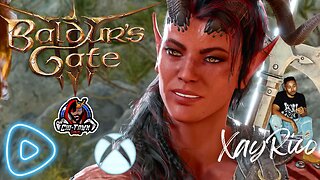 LIVE
LIVE
Chi-Town Gamers Livestreams
1 hour agoBaldur's Gate 3 W/ CTG & XayRico Ep. 4 *FOR REAL THIS TIME* | 9 Hour Stream...LFG!
79 watching -
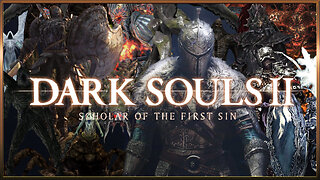 LIVE
LIVE
DarknessGames
15 hours agoIT'S BACK! - Dark Souls II (Part 7)
65 watching -
 28:30
28:30
CatfishedOnline
1 day agoWoman Wants to Leave BF for Lover or Romance Scam?
29K16 -
 LIVE
LIVE
DookiePox
5 hours ago $0.32 earnedGood Morning. Sunday Morning.
61 watching -
 LIVE
LIVE
johnnymassacre
12 hours agoLet's Play Space Marine 2 | ANGEL OF DEATH MODE | Pt 3
114 watching -
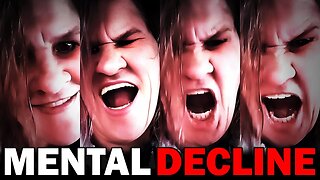 18:07
18:07
Bearing
5 hours agoThe INSANE MENTAL DECLINE of the Democrats 💥 Lefties are NOT Ok
21.1K61